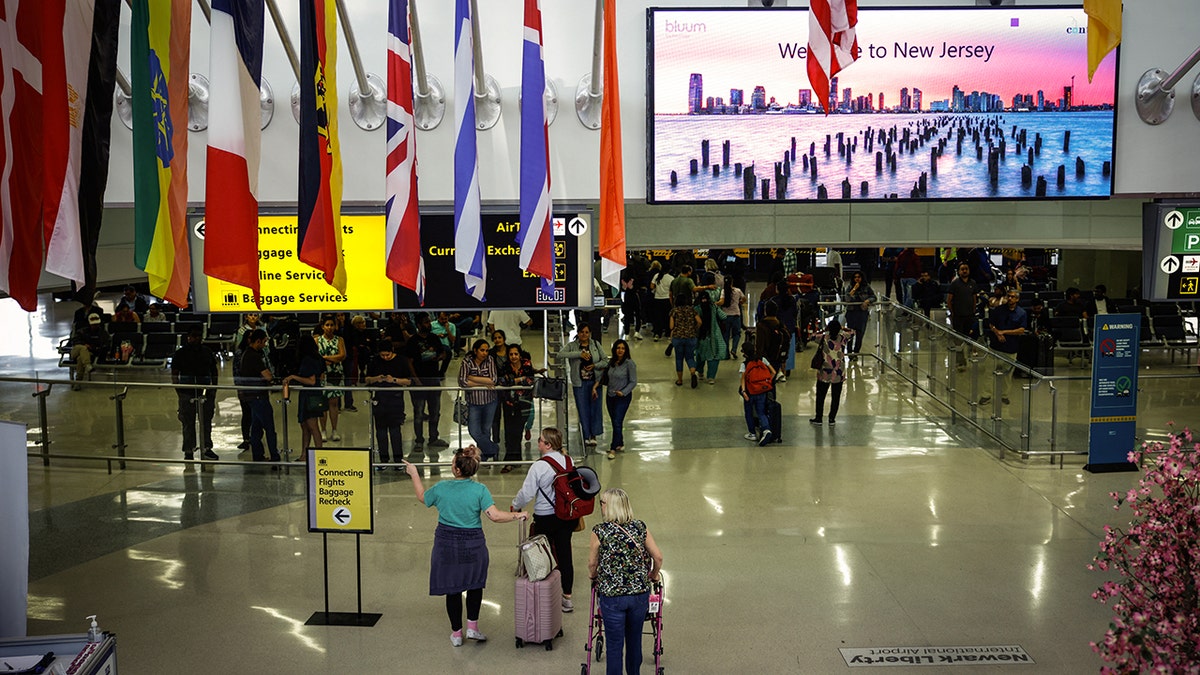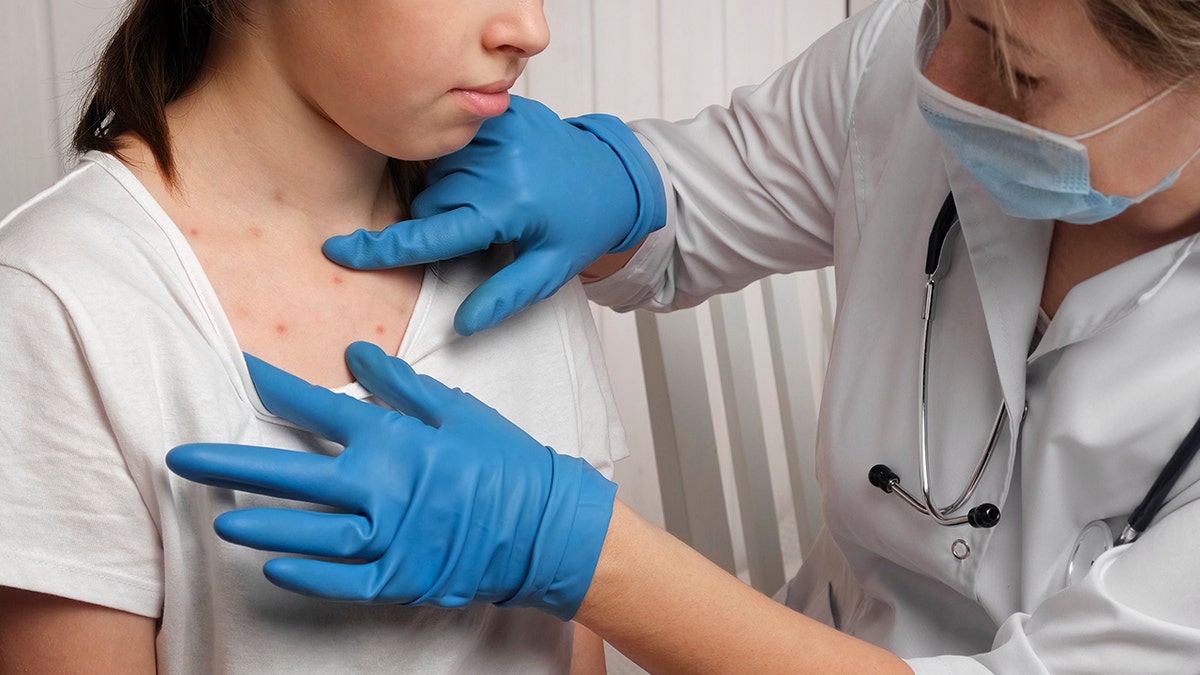Following last week’s air traffic control crisis, health officials are now reporting a potential measles outbreak at New Jersey’s Newark Airport.
Travelers were warned of possible measles exposure after a case was confirmed in an individual who traveled through the airport on May 12.
MEASLES SCARE AT MAJOR AIRPORT: WHAT TO KNOW ABOUT POTENTIAL EXPOSURE
The New Jersey Department of Health (NJDOH) released a notice on Thursday addressing the situation, detailing that the newly identified measles case was a non-New Jersey resident who visited the state while infectious.
The department noted the following times and locations where exposure could have potentially occurred.
- Newark Liberty International Airport, Terminal B – May 12, 2025, between 12:30 p.m. and 4 p.m.
Infected individuals could potentially see symptoms develop as late as June 2.
CLICK HERE TO SIGN UP FOR OUR HEALTH NEWSLETTER
The NJDOH urged parents and caregivers to be aware of symptoms and to stay up to date with the measles, mumps and rubella (MMR) vaccination to prevent the “highly contagious virus” from spreading.

If symptoms arise or exposure is confirmed, NJDOH recommends that individuals contact their healthcare provider before showing up to a medical office or emergency department.
As of May 15, the health department confirmed that no additional associated cases have been identified in New Jersey.
For more Health articles, visit www.foxnews.com/health
Measles symptoms can include high fever; cough; runny nose; red, watery eyes; and a rash that first appears on the face and spreads down the body.
The virus is transmitted through particles from coughing or sneezing, and can remain in the air for up to two hours after an infected person has departed the area.

The NJDOH stressed that the most effective way to prevent measles is to receive two doses of the MMR vaccine, as the highest-risk group includes unvaccinated and partially vaccinated individuals.
The department encourages all individuals to get vaccinated before traveling internationally.
One dose can be given to infants aged six to 11 months before travel. Two more doses can be administered after their first birthday, according to officials.
Read the full article here













